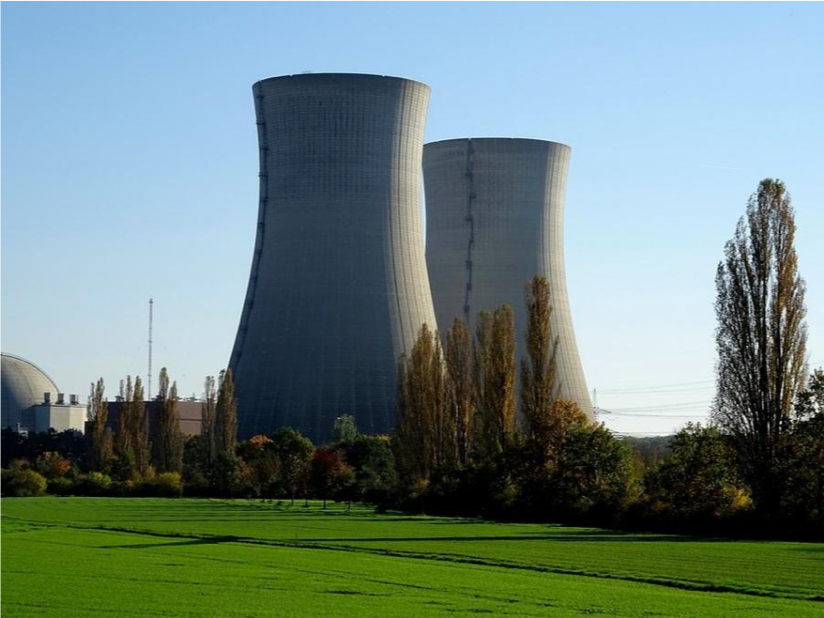
This is a sponsored post from Digi-Key. Written by Jennifer Boscavage
With 60 nuclear power plants and 90 reactors in the United States, nuclear engineers have plenty of opportunities to work in alternative energy. Overall, nuclear power has a low impact on the environment, offering engineers work in power facilities that produce virtually no carbon emissions and can produce energy at a 91% efficiency rate around the clock. Approximately 20% of annual U.S. electricity generation is from nuclear power plants.
Nuclear plants tend to favor hiring graduates with a nuclear engineering degree because their job is so specialized. The median salary, according to the Bureau of Labor Statistics, is $105,810.
So where do they work, and what do they do?
- Nuclear engineers may work at a utility, at a fuel vendor (such as Westinghouse or General Electric) or at a nuclear plant. The largest U.S. nuclear power plant is the Palo Verde nuclear power plant in Arizona. It has three reactors with a combined net summer electricity generating capacity of 3,937 megawatts (MW), according to the U.S. Energy Information Center.
- If they work at the plant, they’re generally involved in supporting plant operation. Big energy providers, such as Exelon, Entergy, Progress and SNOC, have technical staff in a main office that is typically centrally located among a number of other plants.
- Other nuclear engineers may focus on fuel cycle or core design if they work at the company’s engineering site. However, designing and building plants is more in the realm of mechanical and civil or structural engineering.
- Nuclear engineers study the splitting of uranium atoms, and design devices for machinery, including reactor cores, radiation shielding and instrumentation. And because nuclear power sources do not just power residences and businesses, some nuclear engineers focus on developing and improving nuclear power sources for ships and spacecraft.
- Meanwhile, some have more supervisory positions. Some operate and observe the operation of advanced nuclear machinery, monitoring that equipment and handling any emergencies. They must monitor nuclear facilities to report any design, construction or operation practices that violate safety regulations and laws. They may also be responsible for the plant’s adherence to safety standards; such operations and maintenance teams at a nuclear facility report to a nuclear engineer.
- Nuclear engineers also find industrial and medical uses for radioactive materials, including in medical diagnostic and treatment equipment like positron emission tomography (PET) scanners and cyclotrons–which produce a high-energy beam to treat cancerous tumors.
- Finally, those who work for universities may conduct nuclear fusion research, the holy grail of harnessing energy. If engineers can learn to control atomic fusion — which are the same reactions as those that fuel the sun — energy would be limitless.


No comments yet.